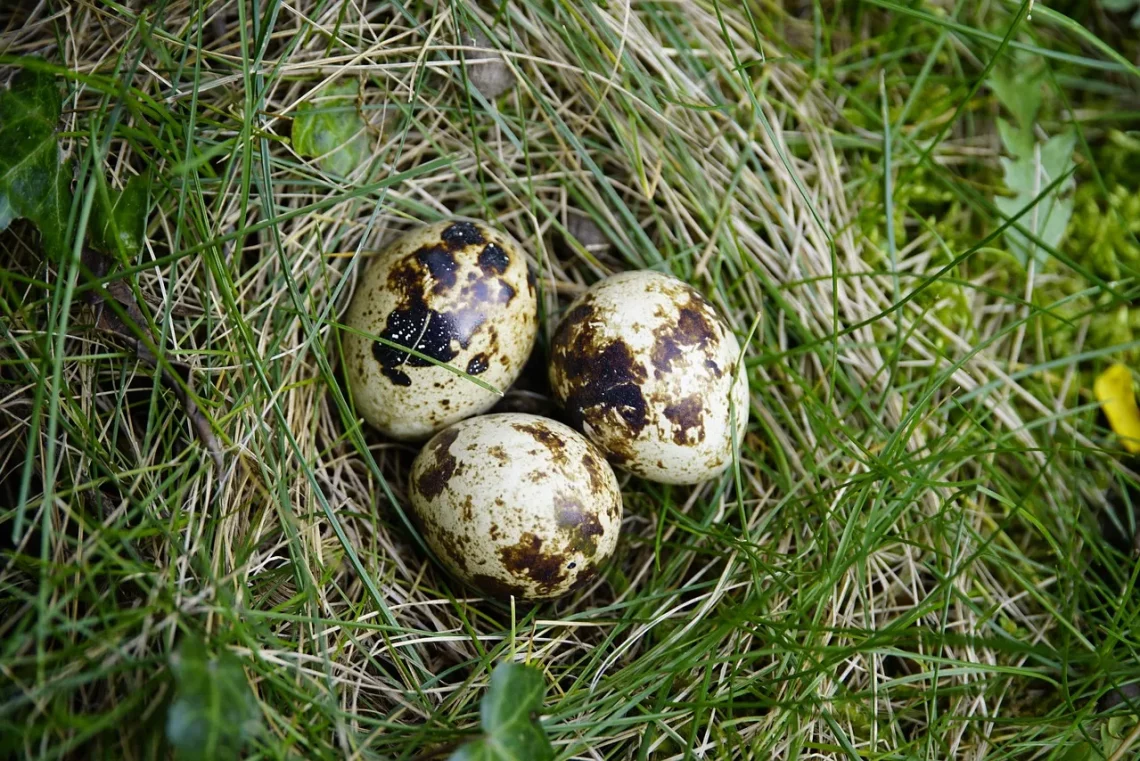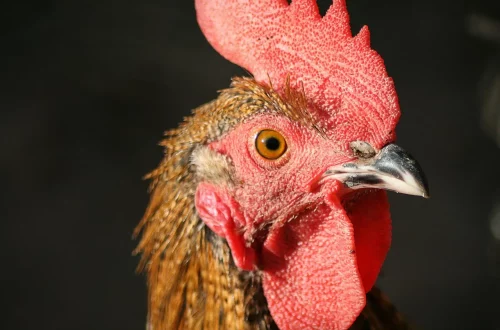
Understanding Quail Lifespan: How Long Do Quail Live?
Quails are small, migratory birds that have captured the interest of bird enthusiasts and poultry keepers alike. Renowned for their delicate plumage and unique vocalizations, these birds are often raised for their eggs, meat, and ornamental value. Despite their small size, quails possess a fascinating life cycle, which includes various stages of development that impact their longevity. Understanding the factors that influence quail lifespan can help poultry enthusiasts and farmers provide better care for these birds, ultimately leading to healthier and more productive flocks.
The lifespan of quails varies significantly depending on species, environmental factors, and care practices. While some quails may live only a few years in the wild due to predation and environmental hazards, domesticated quails often enjoy longer lives, especially when provided with adequate shelter, nutrition, and healthcare. Exploring the different aspects of quail life, including their natural habitats and the challenges they face, allows us to appreciate these birds even more.
In this article, we will delve deeper into the lifespan of quails, examining the various factors that contribute to their longevity and the differences between wild and domesticated varieties.
Factors Influencing Quail Lifespan
The lifespan of quails is affected by a variety of factors, both natural and artificial. Among the most significant influences are the species of quail, their living conditions, and the level of care they receive.
Different species of quail have varying life expectancies. For instance, the Coturnix quail, commonly raised for meat and eggs, can live up to two to three years in captivity. In contrast, wild quails may only survive for a year or so due to predation and environmental dangers. Other species, such as the Bobwhite quail, may also have differing lifespans based on their habitat and lifestyle.
Environmental factors play a crucial role in the health and longevity of quails. Access to clean water, nutritious food, and adequate shelter from extreme weather conditions can significantly enhance their lifespan. In the wild, quails face numerous threats, including predators like foxes, hawks, and snakes, which can shorten their lives dramatically.
In captivity, quails are generally safer from predators, but they still require proper care. Regular veterinary check-ups, vaccinations, and disease prevention strategies are essential in ensuring that domesticated quails live longer, healthier lives. Stressors, such as overcrowding or poor living conditions, can also negatively impact their health and reduce their lifespan.
Additionally, genetics play a role in determining the longevity of quails. Birds that are selectively bred for specific traits often exhibit varying degrees of resilience against diseases and environmental stresses, which can influence their overall lifespan.
Wild vs. Domesticated Quails
Understanding the differences between wild and domesticated quails is essential in grasping their respective lifespans. Wild quails are subject to the harsh realities of nature, which can lead to shorter lives. They must constantly evade predators, find food, and adapt to seasonal changes, all of which can take a toll on their health.
In contrast, domesticated quails are typically raised in controlled environments, where their needs can be closely monitored. These birds benefit from consistent access to food, clean water, and protection from predators. As a result, domesticated quails often live longer than their wild counterparts.
However, it is crucial to note that domesticated quails can still encounter health issues, particularly if they are not given proper care. Common problems include respiratory diseases, egg-laying complications, and nutritional deficiencies, all of which can impact their lifespan.
Moreover, the breeding practices used in raising domesticated quails can also affect their health and longevity. Some farmers may prioritize rapid growth or egg production over the overall well-being of the birds, which can lead to health complications and a reduced lifespan.
Ultimately, while domesticated quails typically enjoy longer lives, their longevity is not guaranteed. Proper care, attention, and a commitment to the birds’ well-being are essential for maximizing their lifespan.
Nutrition and Health: Key Components of Longevity
A well-balanced diet is one of the most critical factors influencing the lifespan of quails. These birds require a variety of nutrients to maintain their health and vitality, including proteins, vitamins, and minerals. A diet rich in high-quality feed is essential for supporting their growth, egg production, and overall well-being.
In captivity, quails should be provided with a balanced commercial feed specifically formulated for their species. This feed typically contains the right proportions of protein, carbohydrates, and fats to meet their nutritional needs. Supplementing their diet with fresh greens, grains, and insects can also promote better health and longevity.
Proper hydration is equally important. Quails need access to clean, fresh water at all times. Dehydration can lead to serious health issues, including kidney failure, which can drastically shorten their lifespan.
Regular health check-ups and vaccinations can also help in preventing diseases that can reduce quail longevity. Common health issues in quails include respiratory infections, parasites, and metabolic disorders. By monitoring their health and promptly addressing any concerns, owners can significantly improve their quails’ quality of life and longevity.
In addition to diet and healthcare, creating a stress-free environment is vital for extending quail lifespan. Minimizing disturbances from other animals, providing adequate space, and ensuring that the birds are not overcrowded can help reduce stress levels, which in turn supports their overall health.
Environmental Enrichment and Its Impact on Lifespan
Environmental enrichment refers to the process of enhancing the living conditions of animals to promote natural behaviors and improve their quality of life. For quails, providing an enriched environment can significantly impact their lifespan.
Quails are naturally curious birds that thrive on stimulation. When raised in a stimulating environment, they are less likely to experience stress and boredom, which can lead to health problems. Simple measures, such as providing perches, hiding spots, and foraging opportunities, can greatly enhance their living conditions.
In addition to physical enrichment, social interactions play a crucial role in the well-being of quails. Quails are social creatures that generally prefer to live in small groups. Keeping them in appropriate flock sizes can help reduce anxiety and promote natural behaviors, contributing to their overall health and longevity.
It is also essential to consider the living space for quails. Whether kept indoors or outdoors, they require enough space to move around freely and engage in natural activities. Overcrowding can lead to stress and aggression among birds, which can adversely affect their health and lifespan.
Moreover, the quality of the living environment, including temperature and humidity levels, is crucial. Quails are sensitive to extreme weather conditions, so providing adequate shelter and climate control can help them thrive.
In conclusion, understanding the lifespan of quails involves considering various factors, including species, environmental conditions, nutrition, and health care. By taking these into account, poultry enthusiasts can create an optimal living environment that supports the health and longevity of their quail flocks.
While this article provides valuable insights into quail lifespan and care, it is important to remember that specific medical concerns should always be addressed by a qualified veterinarian. This article is not intended as medical advice, and readers are encouraged to consult a healthcare professional for any health-related issues.




